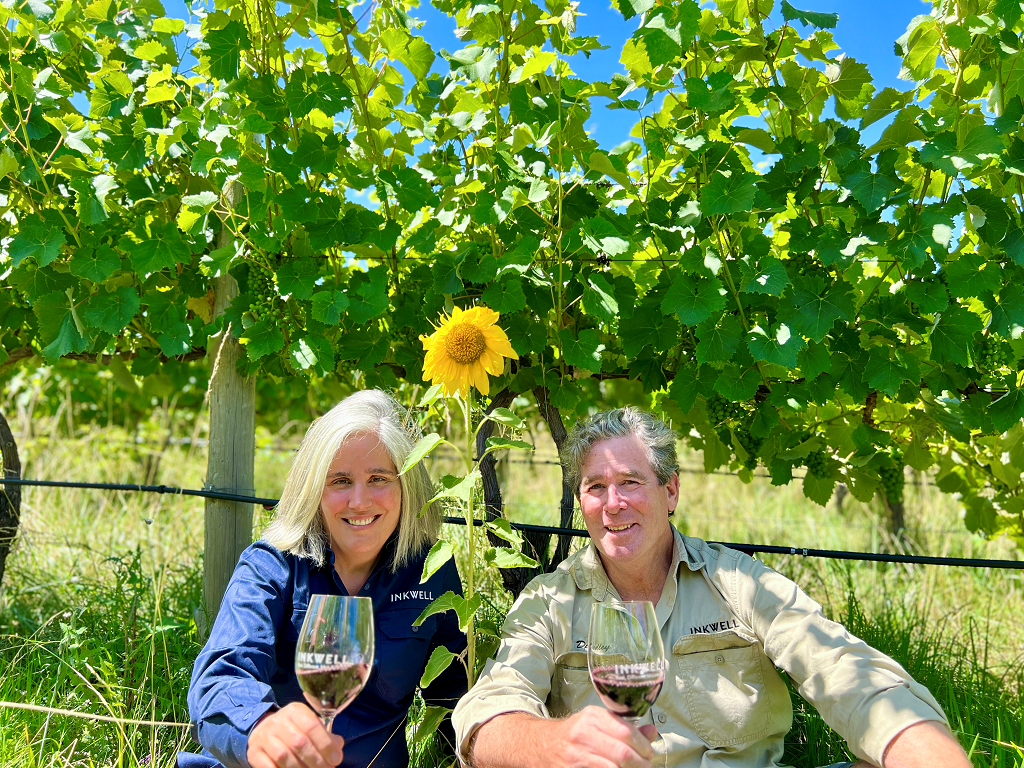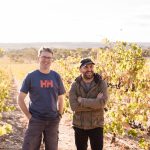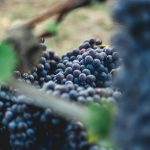Inkwell owners Dr Irina Santiago-Brown and Dudley Brown. Photo: Patience Dickinson
Inkwell Wines announced today that they are the first vineyard property in Australia to be awarded the Regenerative Organic Certified® (ROC) designation as well as one of the first twenty vineyards to be so recognised globally. Inkwell was assessed at the Silver level, the highest level possible in the first year of certification, after a recent audit performed by Australian Certified Organic (ACO).
Founded in 2017, the Regenerative Organic Alliance (ROA) established ROC as the benchmark certification for regenerative organic agriculture worldwide. With the motto “farm like the world depends on it,” ROA is committed to worker dignity and restoring and improving soil carbon, as well as animal health and safety. They have certified over 2,300,000 hectares in all types of agriculture in over 20 countries to date.
Founded in 2004, Inkwell’s owners Dr Irina Santiago-Brown and her husband Dudley Brown have transformed the site of a former sand mine into a regenerative, organic and sustainable vineyard property. The 16-hectare vineyard and winery property is home to a cellar door and office, as well as a micro-hotel consisting of 20 shipping containers, and is supported by renewable energy and reclaimed water for irrigation. Inkwell has evidence-based soil carbon sequestration as well as improved soil and plant health as a result its regenerative practices.
Head winemaker and viticulturist Dr Irina Santiago-Brown described the certification as a “significant milestone” for sustainable viticulture in Australia.
“Our hope is that many Australian vineyards and farms follow this pathway to become more resilient in a changing climate,” said Santiago-Brown.
Dudley Brown added that the ROC’s priorities resonated with Inkwell’s regenerative philosophy.
“We’ve found regenerative farming healthier, less expensive over time and more fun than conventional or organic approaches. Having studied and applied sustainable viticultural practices since 2008, we’ve found that organically improving soil health is the most successful pathway for sequestering carbon and achieving truly sustainable outcomes.”
Are you a Daily Wine News subscriber? If not, click here to join our mailing list. It’s free!
















